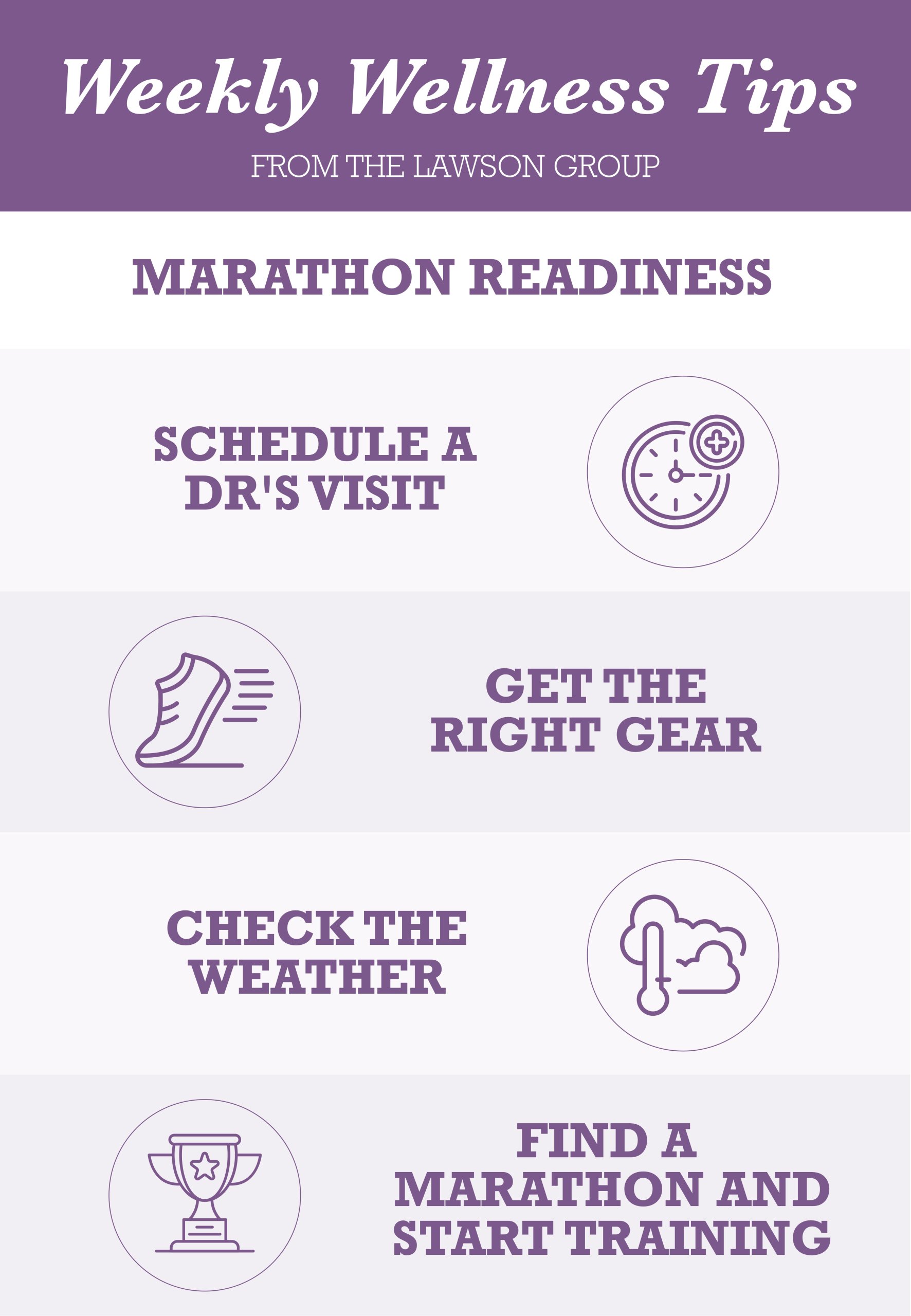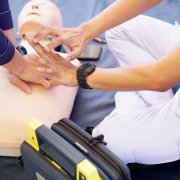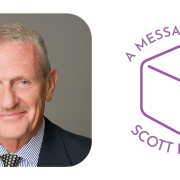
Participating in a marathon is a huge accomplishment, whether you finish the race running or walking. Not only is it a bucket-lister, but having something to train for is a surefire way of getting ramped up in a training routine and working towards your fitness goals.
Before you get started with marathon training, here are some ways you should get prepared.
For your convenience, you can download the printer-friendly version of this post here.
Medical Check-Up
Even if you’ve already been running, check with your doctor and let him or her know your plans to train for and run a marathon.
Running Shoes, Clothes, & Gear
While you don’t need to buy lots of expensive gear, the right shoes are an important investment. Getting shoes that are suitable for your running style, foot type, and level of experience will help you run comfortably and injury-free.
Wearing running clothes made of technical fabrics (not cotton) that wick away your sweat will help keep you dry and comfortable.
You’ll also need a good water bottle or hydration belt to use during runs.
Check the Weather
You’re going to be training through different seasons and types of weather. Take some time to research what’s involved with running in hot, cold, or rainy conditions.
Create a Schedule (and Stick to it)
Once you’ve established a running base of about 15 miles a week, you can get started with a Beginner marathon training schedule. The schedule is geared towards beginner runners whose goal is to simply finish the marathon.
If you prefer to use a run/walk strategy for training and completing your marathon, you can work towards reducing walking time in comparison to running time.
It’s also a good idea to get your feet wet by racing a shorter distance race, like a 5K (3.1 miles) or a 10K (6.2 miles).
Many runners like to run a half marathon before taking on the full marathon. Getting some race experience is good preparation for your marathon and will get you excited to start your training.
Find a Marathon and Sign Up
Once you have at least six months of running (a year is even better) and a few shorter races under your belt, you can start thinking about which marathon you want to train for.







